
1.Medication Management
After a liver transplant, patients need to take immunosuppressive medications to prevent their immune system from rejecting the new organ. These medications are usually taken for the rest of the patient’s life. It’s crucial to take these medications as prescribed to avoid rejection or other complications.
Patients may experience side effects from these medications, such as nausea, vomiting, diarrhea, hair loss, and increased risk of infections. It’s important to report any side effects to the healthcare team immediately.
2.Follow-up Appointments
Following a liver transplant, patients must attend regular follow-up appointments with their transplant team. During these visits, doctors will monitor the patient’s progress, check vital signs, perform blood tests, and adjust medication dosages if necessary.
The frequency of follow-up appointments may vary depending on the patient’s condition and the stage of recovery. In general, patients will have frequent appointments in the first few months following the transplant and gradually decrease over time.
3.Lifestyle Changes
Making lifestyle changes is an essential part of post-transplant care. Patients should maintain a healthy diet, exercise regularly, and avoid smoking and alcohol consumption.
A healthy diet rich in fruits, vegetables, whole grains, and lean protein sources can help improve overall health and reduce the risk of complications such as high blood pressure and diabetes. Exercise can also help improve physical fitness, strength, and mental health.
Smoking and alcohol consumption can increase the risk of infection, cancer, and other complications. Patients should quit smoking and avoid alcohol completely after a liver transplant.
4.Potential Complications
Despite the success of liver transplant surgery, complications can still occur during post-transplant care. Some common complications include:
Infection: Patients with weakened immune systems are more susceptible to infections, which can be life-threatening. It’s essential to practice good hygiene and report any signs of infection immediately.
Rejection: The body’s immune system may recognize the new liver as foreign and attack it. Symptoms of rejection can include fever, abdominal pain, nausea, and jaundice. Early detection and treatment are crucial to prevent long-term damage.
Cancer: Immunosuppressive medications can increase the risk of developing certain types of cancer, such as skin cancer and lymphoma. Patients should undergo regular cancer screenings and report any suspicious symptoms to their healthcare team.
Other complications: Other potential complications of liver transplant surgery include blood clots, bile duct problems, and organ failure.





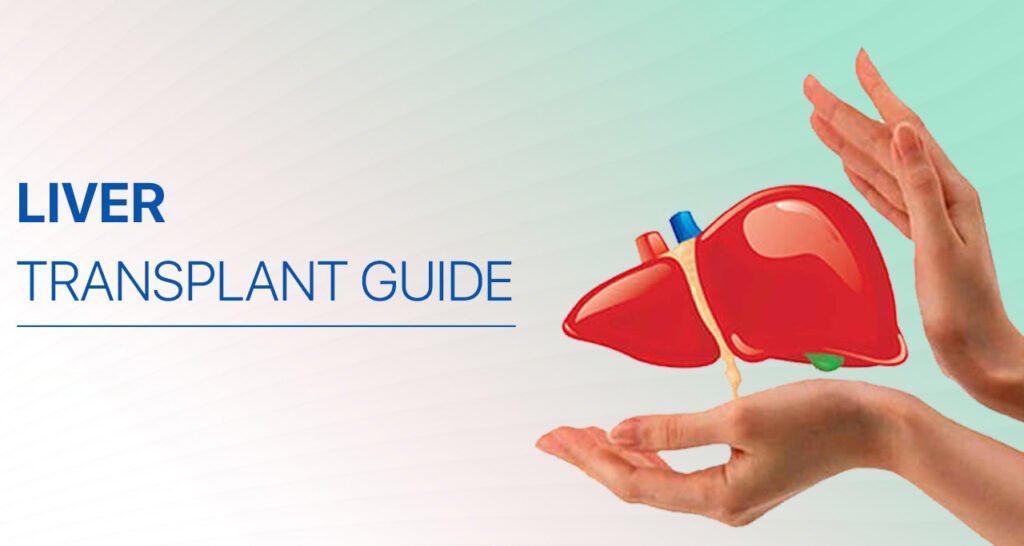
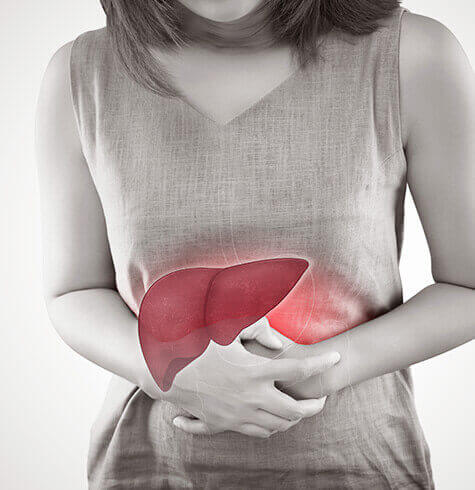



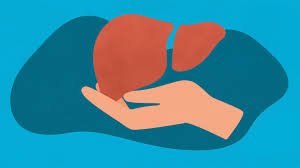
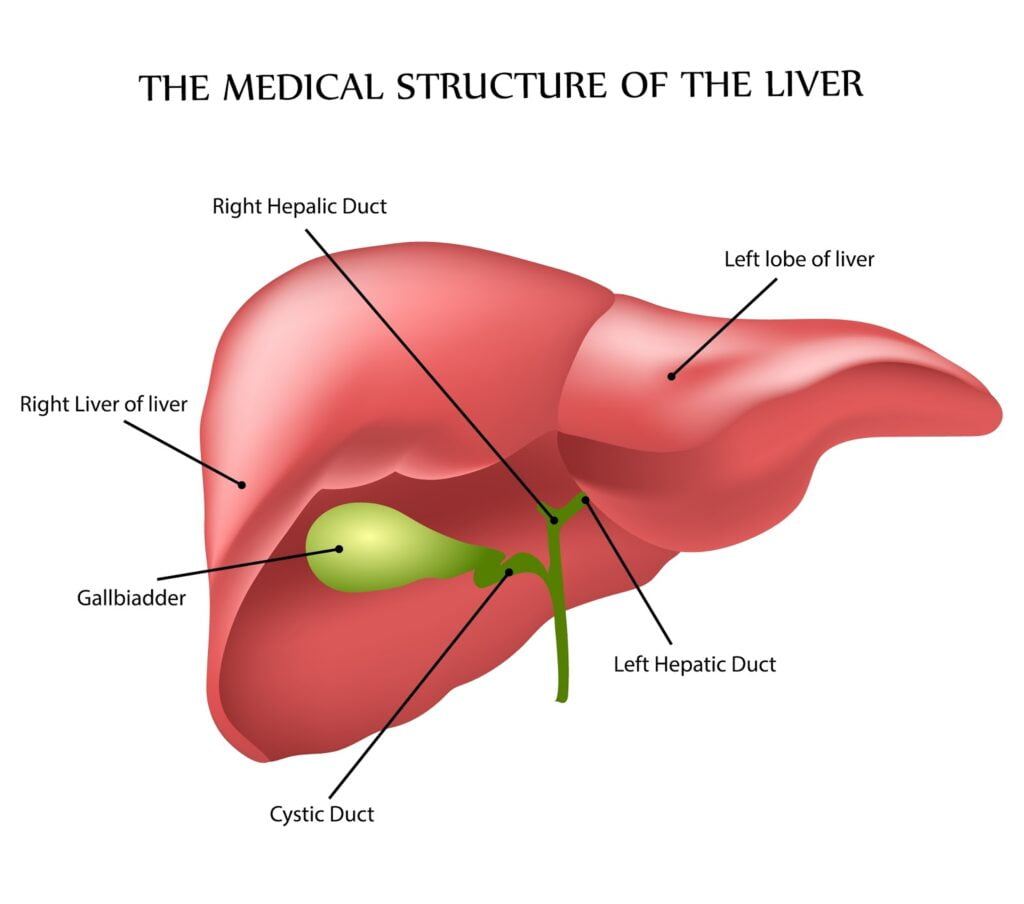
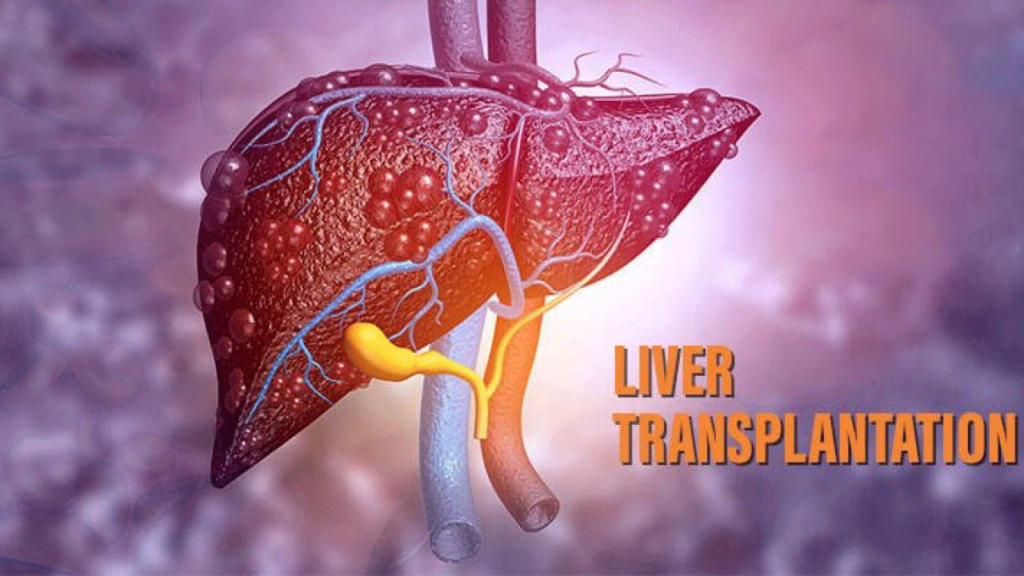


Indian Health Adviser (IHA) is a healthcare facilitator seeking to make health and wellness easier for people of international residents, their families, and their friends.
Designed by Acmeinfolabs